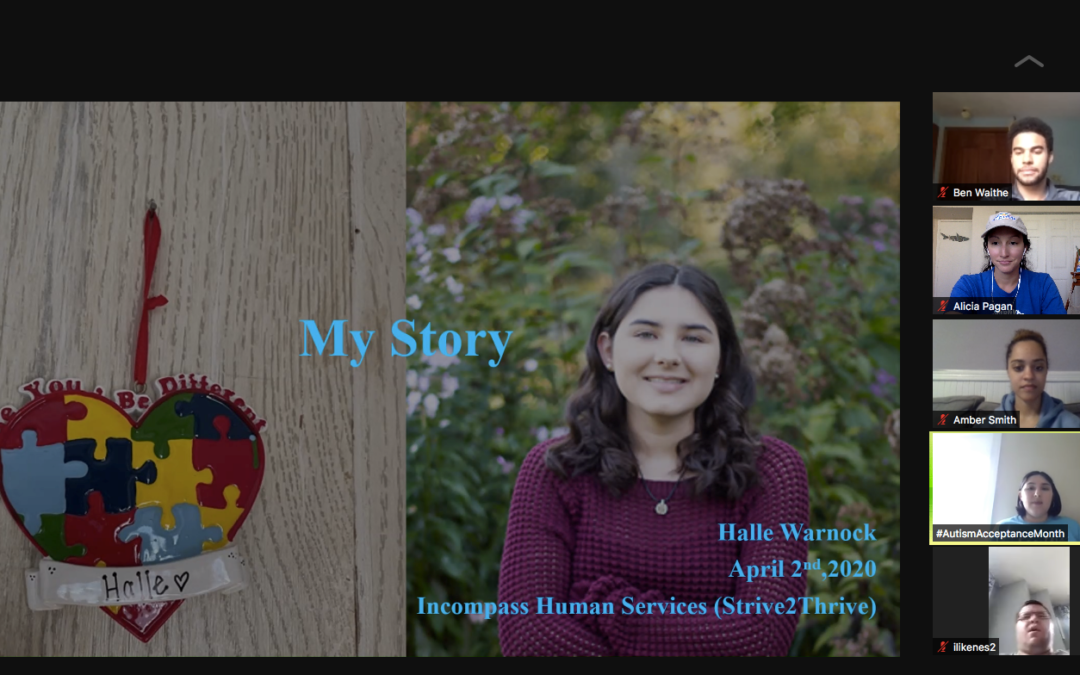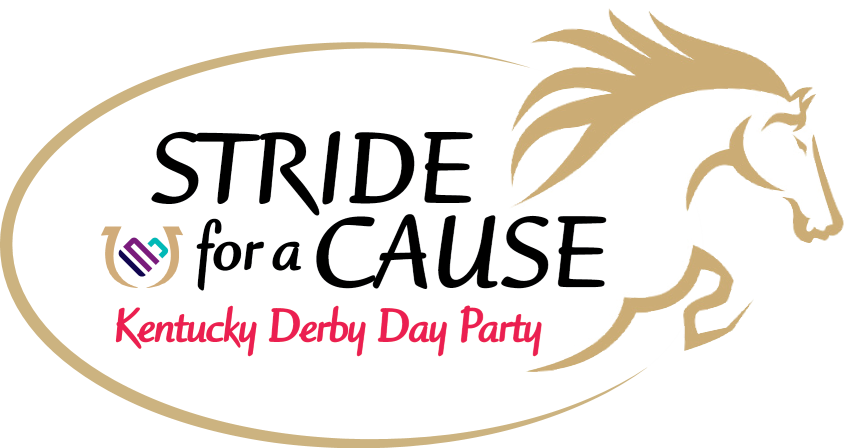
Post-COVID Recreational Activities For The ASD-No ID Community
For a population that typically struggles with social isolation, what is their “new normal” going to look like as COVID restrictions lift across the state? Strive2Thrive program staff at Incompass Human Services have been working to evolve the program, to better meet the needs of the population of young adults on the autism spectrum without an intellectual disability that we support.
From the beginning, socialization was a core aspect of Strive2Thrive, as well as peer mentorship and self-advocacy. Connecting with peers in their age group while building the skills they need to participate in recreational activities has been an invaluable asset for participants. Such activities acted as a bridge between social isolation and ultimately leading more full, productive, and satisfying lives in the community. Activities that initially drew participants to this program included game show nights, escape rooms, and a zombie scavenger hunt. Even a silent disco that was postponed last year – a sensory-friendly dance where participants listen to music on wireless headphones.
However, access to these types of activities was unfortunately halted by the onset of the pandemic. In response, Alicia Pagan, program manager, and Ben Waithe, ASD Specialist, got creative with a hybrid program model that utilized both in-person and virtual supports.
“Our participants are eagerly anticipating in-person connections, but now that we’ve removed a barrier to virtual sessions, we see a future where S2T participants are more engaged than ever before, and our reach will be only wider.” Pagan notes that participants will get so much more out of the community-based experiences because they are also able to connect with their peer mentors over Zoom. “Now that participants and mentors don’t need to rely on time during our community events to connect, they’re able to further immerse themselves in the social recreation!”
With everything from healthcare to education being transitioned to remote supports, program staff were concerned about “Zoom fatigue”. There was an enhanced focus on creating unique, interactive experiences with the resources available. Virtual concerts, road trips, and Netflix parties were huge hits. As well as themed trivia nights – incorporating fan favorites such as Star Wars and Harry Potter.
While the pandemic has undoubtedly brought challenges, it has also created room for new ways of thinking. Going forward supports to be included in the proposed service model will include life coaching, self-advocacy training, and group recreational activities. And what does Pagan think about these developments? “There is no substitute for being in the community, so we’re going to embrace the hybrid model. And personally, I can’t wait to see the impact.”

